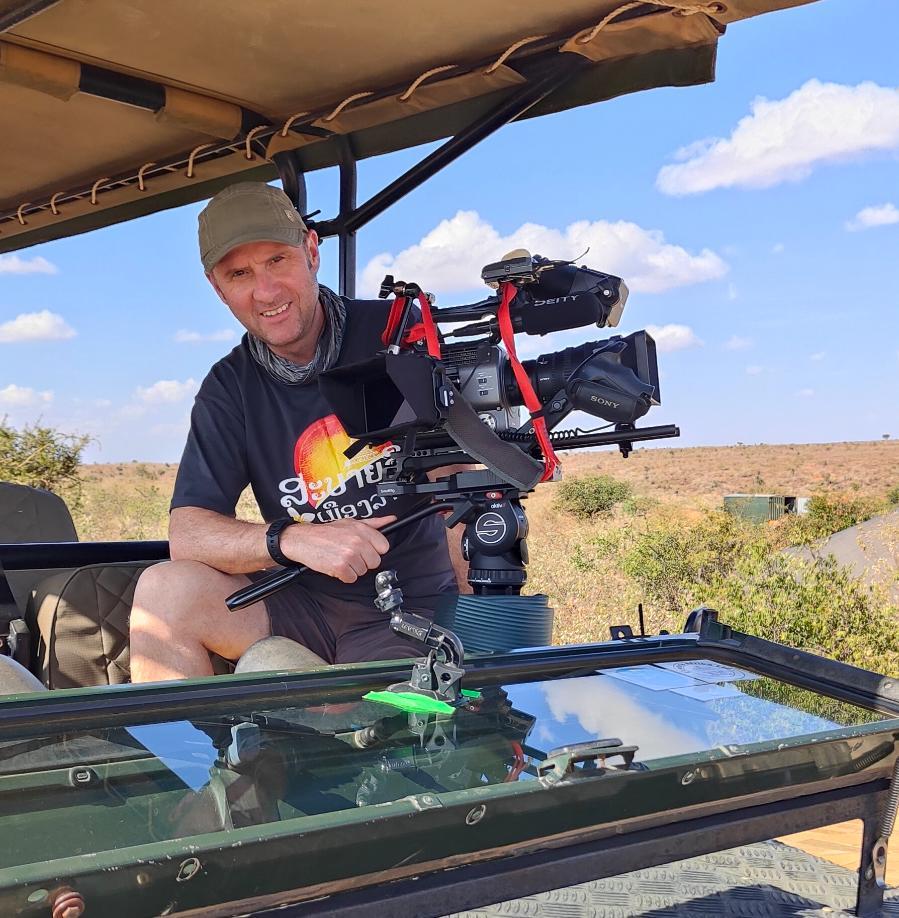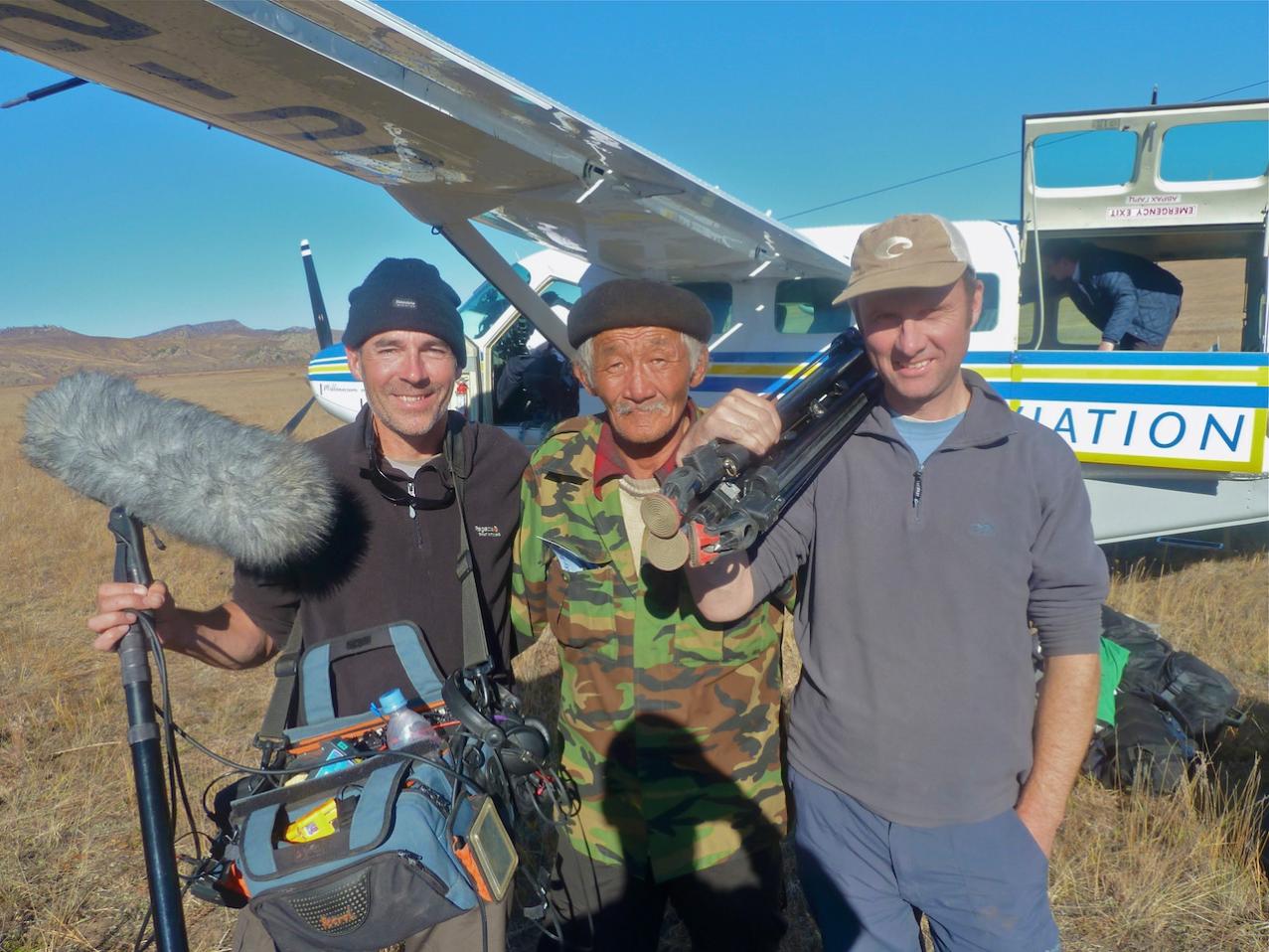

Tell us a little about yourself.
I have only been teaching at university level for a year now. Prior to this I have worked as a freelance TV camera operator and Director of Photography for nearly 40 years. I've completed over 1600 filming projects in 83 countries. My passion is filming adventure and nature documentaries in the most far flung corners of the globe.
Let us know more about your industry/practice background.
I believe my strength as a practitioner is my breadth of experience and my versatility. I would be very comfortable and competent filming in a warzone, desert, jungle, out at sea, or on the ice of the Arctic. I have faced so many different filming situations that nothing phases me now. I’ve landed a float plane for a drunken pilot in Norway, turned a fleet of warship to get a better shot in the South China Sea and fended off a wild caiman attack in Bolivia. I’ve also worked with some expert presenters and greatly benefitted from their guidance and knowledge, such as Ray Mears, David Jason and Robson Green. Just recently I filmed all the cruising and holiday shows with Jane McDonald on Channel 5 and really enjoyed that.
What research area do you specialise in?
I’m currently researching a new photography session using the Zenza Bronica SQ-A, shooting on medium format Kodak 120 Portra. This camera is new to me and I’m already finding it a very rewarding camera to operate. Another new area of interest is coastal marine photography using the Laowa 24mm probe lens amongst others. I’m hoping to capture images of some fascinating shallow saltwater environments around the UK coastline, especially in the Hebrides. In the future I would like to develop these teaching resources and combine them with other new modules to enable our team to offer graduates the opportunity to study Wildlife Media at a Masters level.
What modules do you teach and what is your favourite part of these?
I teach the photography modules for foundation year MDIA 3201, the first year MDIA 4202 and second years MDIA 5005. I also co-teach the Media Craft Skills module. I enjoy teaching nearly every aspect of all of these modules but in particular, I enjoy working with 35mm film, darkroom printing and video editing. The very heart of my own skill set is location filming and I’m in my element when passing on these skills.
What makes your course different?
I believe that the Wildlife Media course really prepares students for a successful future working in the wildlife, media and conservations sectors. The academic staff deliver a unique blend of teaching that will provide committed students with a very valuable skill set. Personally, I am still working as a freelance film maker between semesters and therefore I’m very in touch with producers and other employers in the sector. I understand the skills sets they are looking for and the positions that might be available to our graduates.
What advice would you give to students considering studying on this course?
My advice to students is attend all the sessions and be on time. It is also important to complete tasks set during the sessions and develop your ability for independent study. The sessions are just the tip of the learning iceberg and to really do well you need to develop the ideas and skills introduced during the sessions.
What’s your favourite thing about teaching at Cumbria?
I really enjoy the close knit creative community at Brampton Road. The campus is a very inclusive and friendly place to study and work. You can be who you want to be at Brampton Road!
And, finally...
Can you tell us an interesting fact about yourself?
In my 20’s and 30’s I had a private pilots license. My most outstanding achievements as a pilot were a 2 month flight all the way round Australia (over 8000 miles) and flying a Yak 52 in aerobatic competitions.

Jonathan Chappell in Mongolia whilst filming Extreme Fishing with Robson Green.
